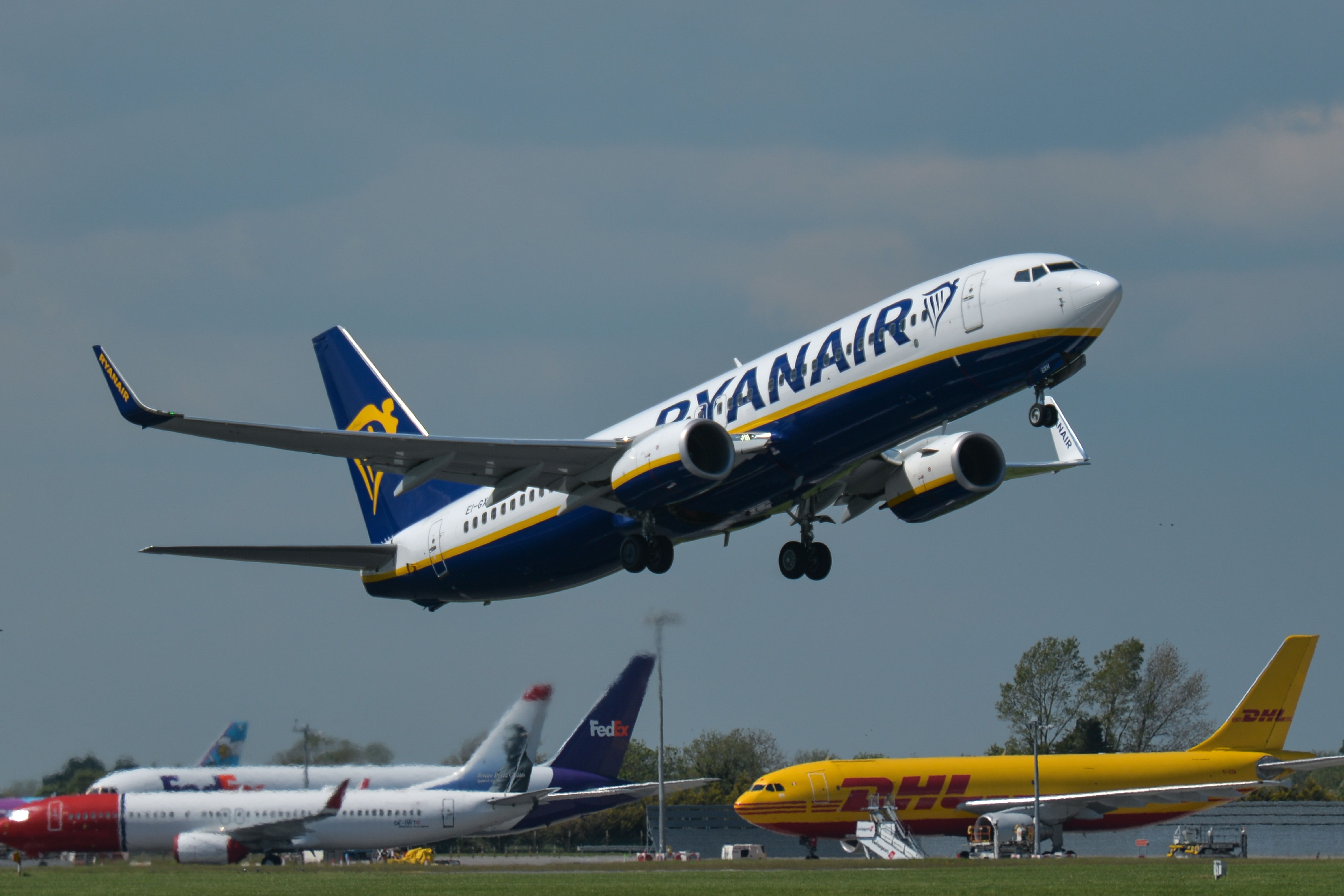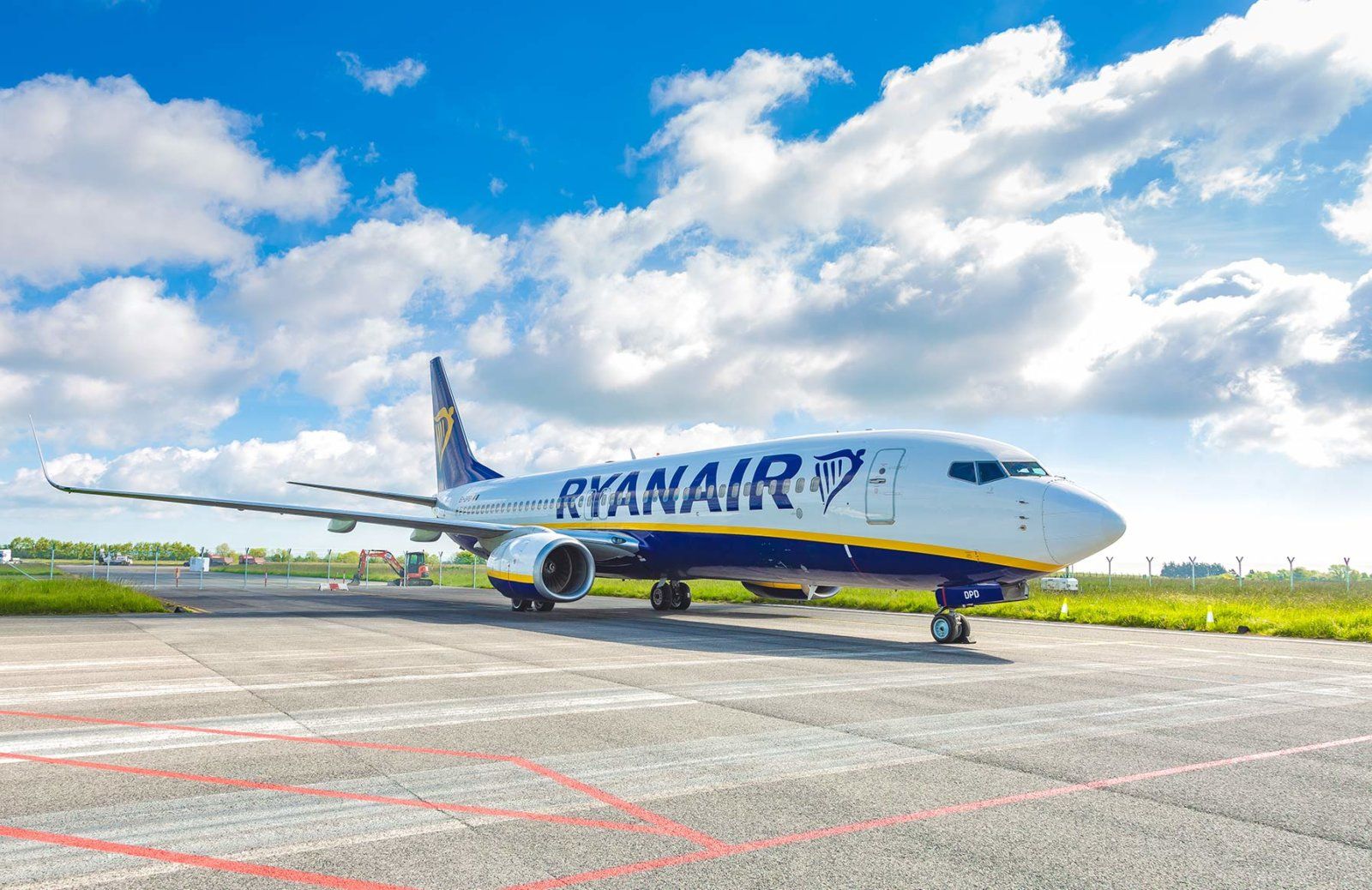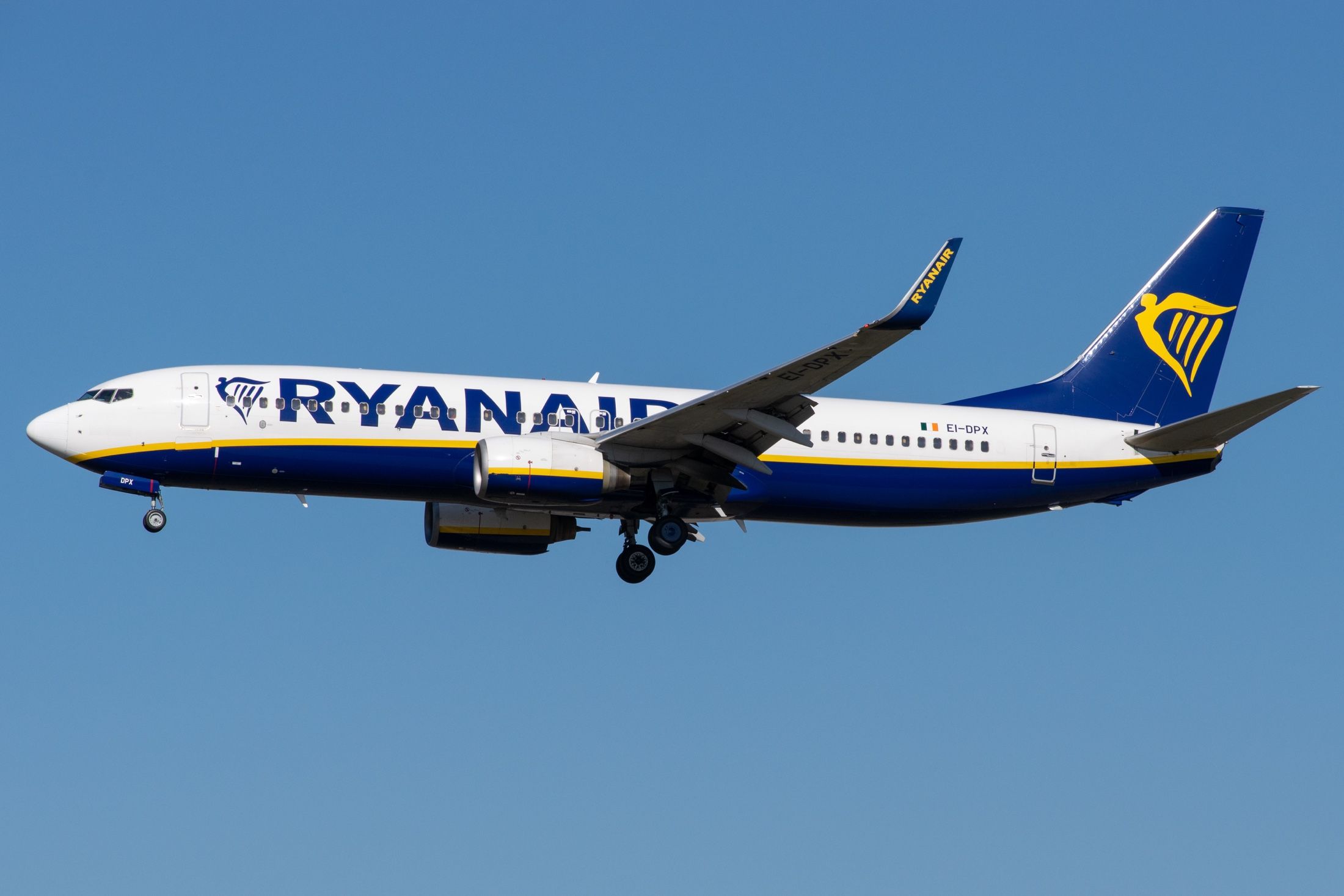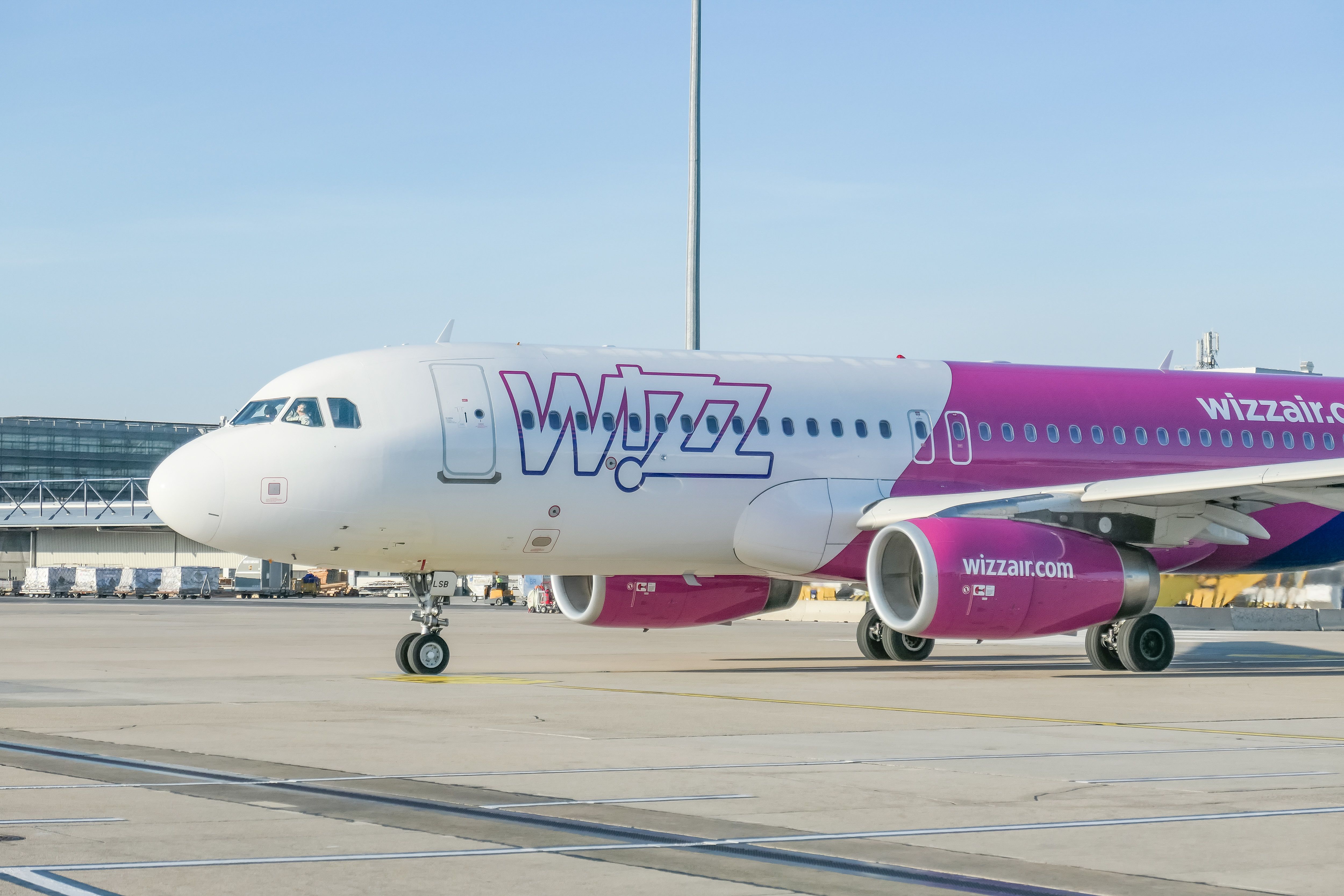Ryanair has publicly called for Hungary to remove its new airline tax set to go into effect from July. The "extra profits" tax will cost departing passengers €10 ($10.7) to €25 ($26.8) each when departing from Hungary. Ryanair and several others have come out against the levy and warned of damage to tourism recovery in the country.
'Inexplicable' tax
Ryanair has asked the Hungarian government to drop a new airline levy as part of its "extra profits" tax plan that will see over $2 billion reigned in through windfall taxes. The low-cost giant argues that airlines are not comparable to banks and oil companies, which have seen huge profits recently, and a new levy will hurt the overall economy.
Starting July, passengers will have to pay €10 ($10.7) to €25 ($26.8) on top of ticket charges and existing taxes under the new law. This has led to Ryanair saying that it will have no choice but move capacity to other markets, which will allow for far more competitive fares without such levies.
In a statement, according to Reuters, the airline said,
"This unjustified tax on the airline sector (which has been heavily loss-making for the last two years) will be damaging for Hungarian tourism and the economy, which is dependent on air carriers to provide connectivity, tourism and jobs. This ill-timed and ill-advised 'extra profits' tax which inexplicably compares the loss-making aviation industry with hugely profitable oil and energy companies, has instantly made Hungary uncompetitive and less attractive to airlines and tourists."
Not the only airline opposing
Hungary-based Wizz Air has also spoken out against the new tax. The carrier said that levies would slow the recovery of the airline and industry at large. This comes as the industry will already take years before reaching pre-pandemic profitability and revenue levels again. Wizz is the largest operator in Hungary and Eastern Europe and will likely see a huge hit from the new charges on departing passengers.
However, this is not an issue only affecting Hungarian airlines. Carriers in the UK have long been pushing for a reduction in the Air Passenger Duty (APD), especially after the COVID-19 pandemic saw a huge slowdown in traffic. While the APD predated the pandemic, Hungary's decision to cash in on a surge in passengers is not too surprising.
Ryanair's record month
While Ryanair fears that expensive tickets may hurt its business, last month wouldn't indicate so. In May, the Irish giant carried 15.4 million passengers, the most it has flown in a single month ever. With a load factor of 92%, it is clear that summer demand is here to stay, and travelers are more than willing to fly. However, with chaos at airports in the continent and threats of higher fares, many will be wondering if this pace can be sustained.
What do you think about Hungary's new tax and Ryanair's calls to scrap it? Let us know in the comments!
Source: Reuters




